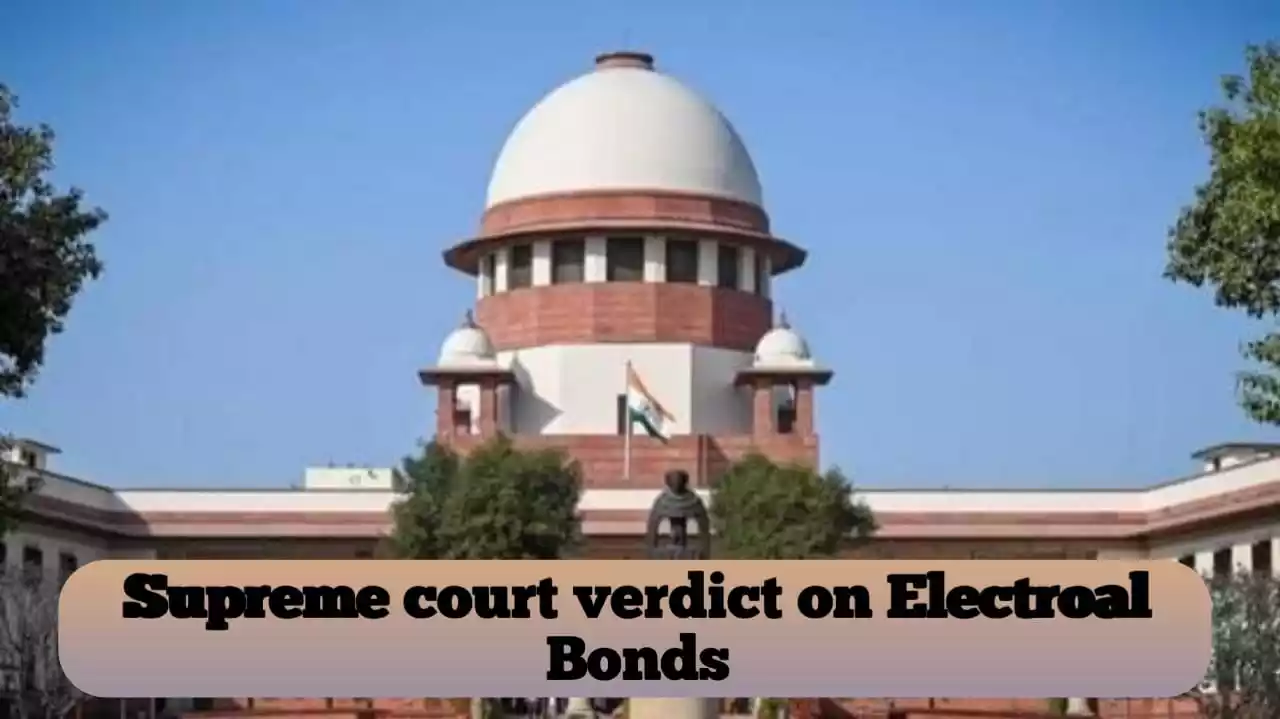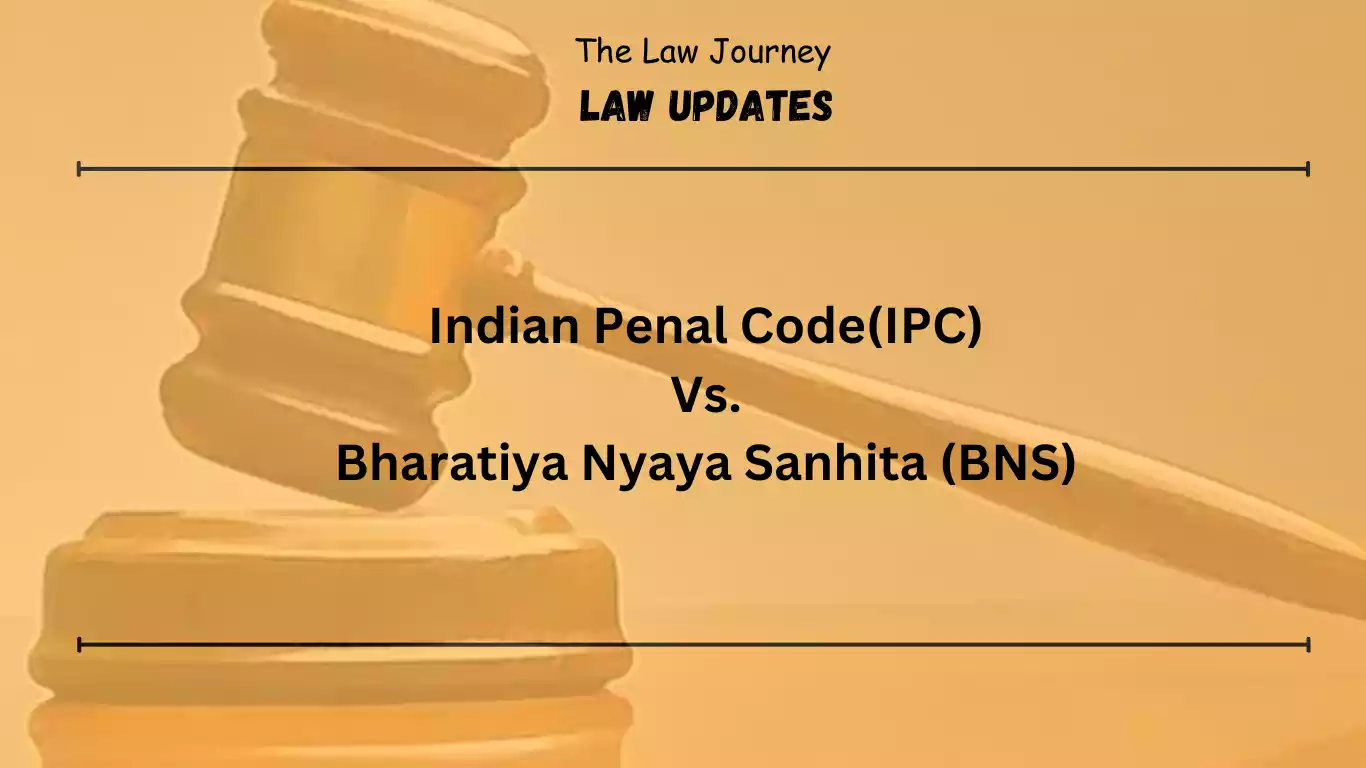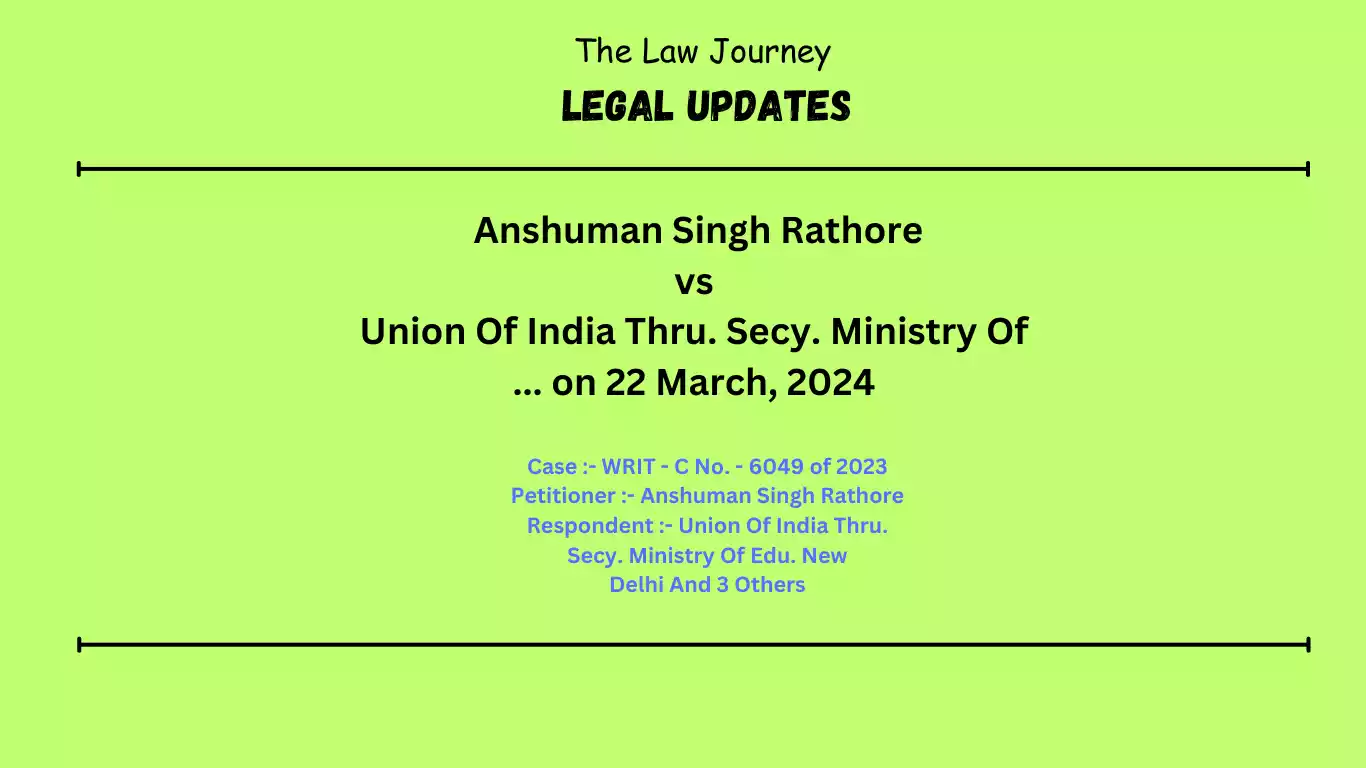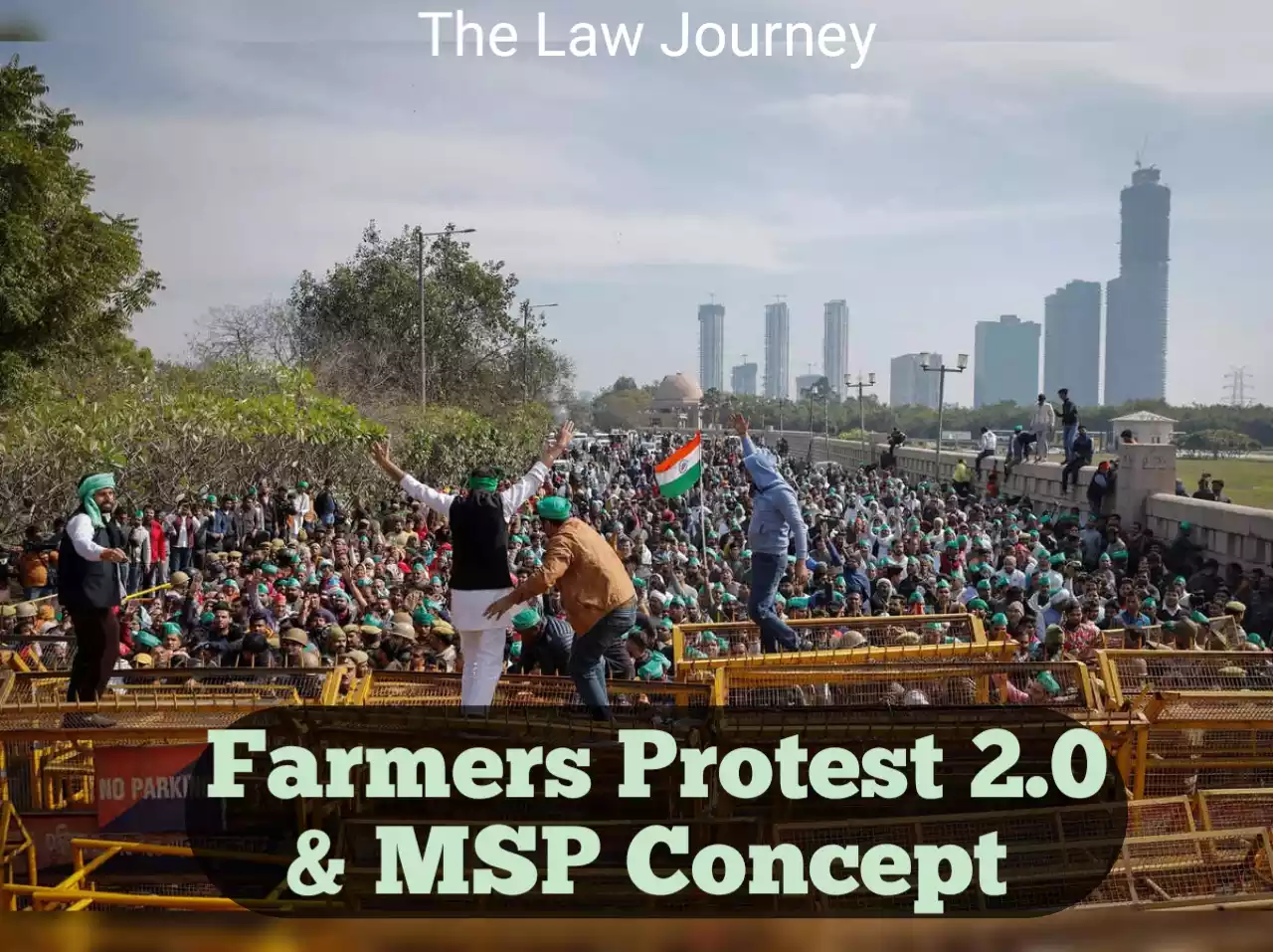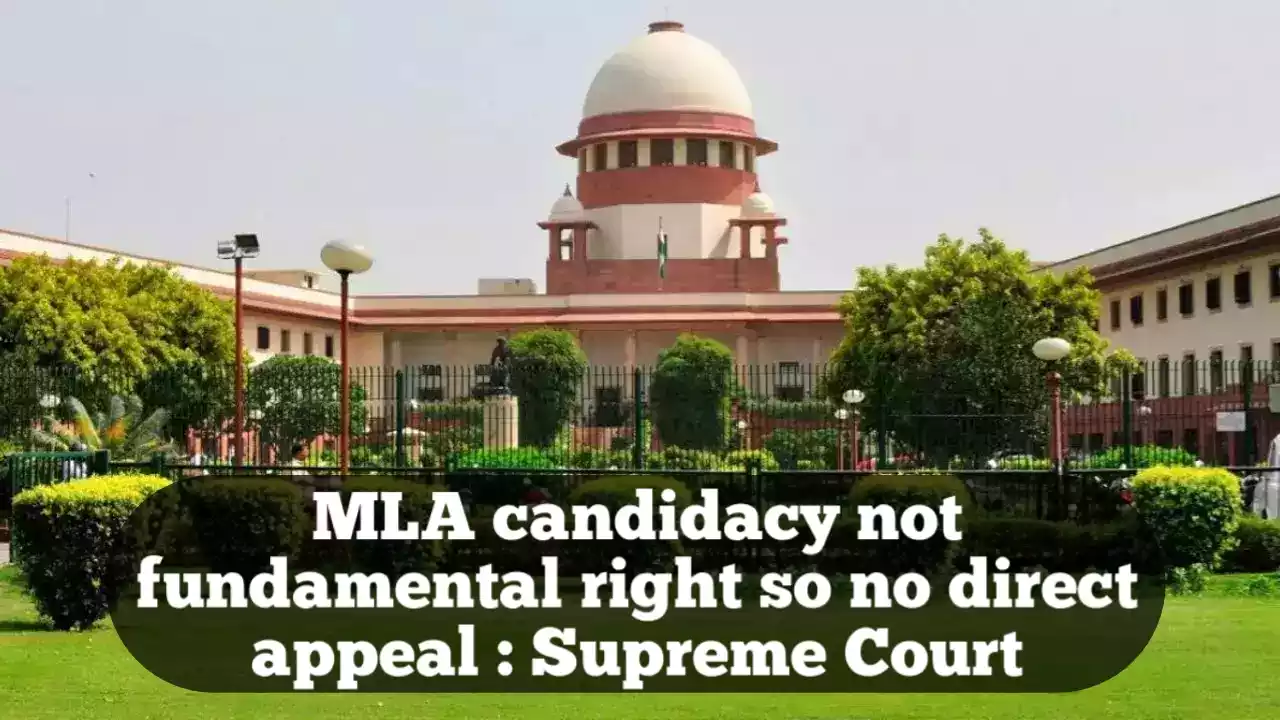Supreme Court’s Verdict on Electoral Bond Scheme – On 15 February 2024, a five-judge Constitution Bench led by Chief Justice D.Y. Chandrachud unanimously struck down the Union’s 2018 Electoral Bonds (EB) Scheme. (Association for Democratic Reforms and another Versus Union of India and others)
What is Electoral Bond Scheme ?
On 2 January 2018, the Ministry of Finance in the Department of Economic Affairs notified the Electoral Bond Scheme 2018 in exercise of the power under Section 31(3) of the RBI Act. The Electoral Bond is a bond issued in the nature of promissory note which is a bearer banking instrument and does not carry the name of the buyer.
Features of the Scheme | Supreme Court’s Verdict on Electoral Bond Scheme
The features of the Scheme are as follows :-
- The Bond may be purchased by a person ; firm ; company; association;
- An Electoral Bond can only be encashed by an eligible political party
- The scheme has notified the State Bank of India as the bank authorised to issue and encash bonds.
- These bonds can be sold in multiples of ₹1,000, ₹10,000, ₹1 lakh, ₹10 lakh, and ₹1 crore.
- The bond is valid for fifteen days from the date of issue.
- The donations made under this scheme by corporate and even foreign entities enjoyed 100% tax exemption while the identities of the donors are kept confidential – both by the bank as well as the recipient political parties.
Concern of Petitioners
The statutory amendments and the Electoral Bond Scheme which mandates non-disclosure of information of electoral funding are unconstitutional because:
- They defeat the purpose of introducing provisions mandating disclosure of information on political funding in the RPA and the Companies Act which was to enhance transparency in electoral funding;
- They violate Article 19(1)(a) which guarantees to the voter the right to information concerning the affairs of the public and the government.
- They violate Article 21 because the non-disclosure of information of political contributions promotes corruption.
- They violate the rights of shareholders of Companies who are donating money to political parties by preventing disclosure of information to them.
Submissions of Union of India
- Political parties are an integral product of a free and open society and play an important role in the administration of the affairs of the community. Accordingly, they are entitled to receive all support, including financial contributions.
- The Electoral Bond Scheme allows any person to transfer funds to political parties of their choice through legitimate banking channels instead of other unregulated ways such as direct transfer through cash.
- Citizens do not have a general right to know regarding the funding of political parties. Right to know is not a general right available to citizens.
- The influence of contributions by companies to political parties ought not to be examined by this Court. It is an issue of democratic significance and should be best left to the legislature.
The then Finance Minister, Mr. Arun Jaitley stated that the main purpose of the Scheme is to curb black money in electoral financing and this purpose could be achieved only if information about political donations is kept confidential.
Directions of Supreme Court | Supreme Court’s Verdict on Electoral Bond Scheme
- The Electoral Bond Scheme, the proviso to Section 29C(1) of the Representation of the People Act 1951 (as amended by Section 137 ofFinance Act 2017), Section 182(3) of the Companies Act (as amended by Section 154 of the Finance Act 2017), and Section 13A(b) (as amended by Section 11 of Finance Act 2017) are violative of Article 19(1)(a) and unconstitutional; and
- The deletion of the proviso to Section 182(1) of the Companies Act permitting unlimited corporate contributions to political parties is arbitrary and violative of Article 14.













